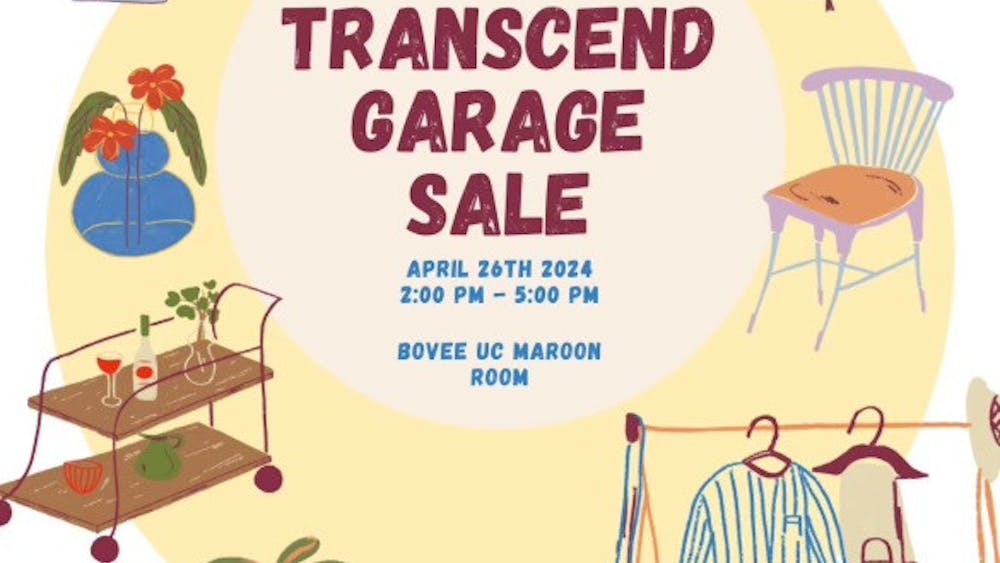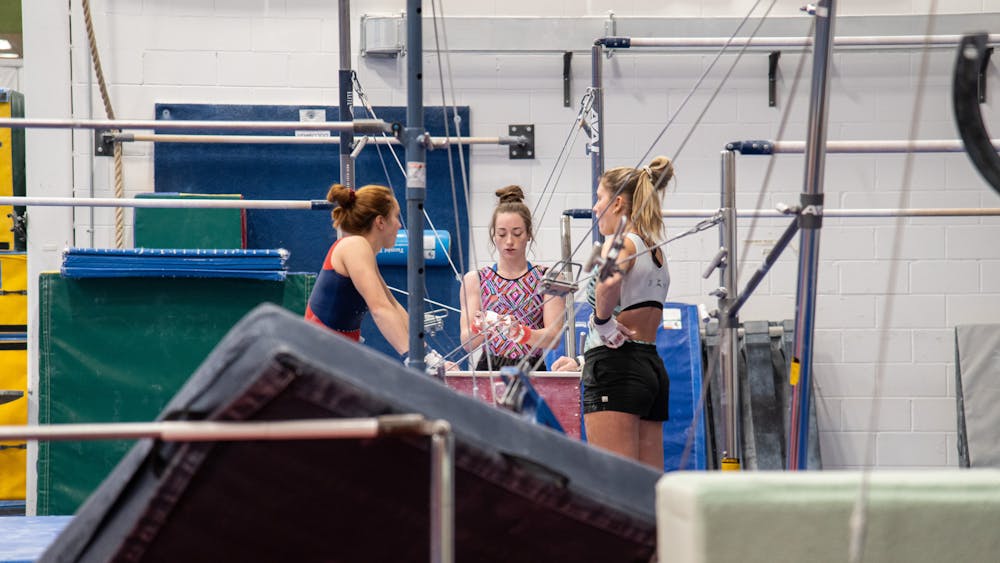Workshop addresses in-class distractions
Last semester, only 2.3 percent of english faculty Allegra Blake's students could go four days without looking at a screen.
Blake called for her students in ENG 201 to go four days without using their cell phones to text, stream, or surf the internet as a project. Additionally, students were asked to refrain from watching movies, television, playing video games or viewing any screens. This "unplugging" was a test of the students' reliance on technology in everyday life.
When she began doing this project seven years ago, only 23 percent succeeded in passing, and the initial project period took place over six days instead of four.
"It started when I noticed students texting surreptitiously and I stopped and asked if they could go without it," Blake said. "They think they're participating in the world but they're not. They think no one sees them, but we do. I often said, 'I am burying three bodies in your backyard. (pause) Is that okay with you?'"
Most students either didn't react to the question or halfheartedly nodded, as many were on their phones. This prompted Blake to look into the issue further.
Blake hosted the TLC Workshop: Research for Texting, Attention and Learning Friday for Central Michigan faculty to address the issue of in-class distractions with CMU faculty.
A study done by Tindall and Bohlander at Wilkes University found that 97 percent of students sent or received texts immediately before or after class and 92 percent admitted to texting during class.
While larger research studies need to be done to correlate low GPA and texting, there is a clear positive relationship between the two.
Eighty-nine percent of students also consider themselves strong multitaskers, which Blake claimed was a bad habit.
"Students are involved with extra-curricular activities and RSOs, they're working more and they're also in college," Blake said. "There's no time to be lost in one's thoughts. You're at your most creative when you're bored. If we send the message, as instructors, as parents, that you cannot be bored, that is a serious thing."
She also identified this college generation as "stressed out beyond belief" despite being concerned for the future in a meaningful way.
This discussion forum allowed attending faculty to weigh in on distractions in the classroom.
"I have a zero tolerance policy," said marketing and hospitality faculty Wallace Weiss. "I ask students to please not put me in a position where I have to penalize them because I don't want to."
Many faculty agreed that cell phone usage in the classroom was distracting and detrimental to learning.
"If my students use a phone and I see it, I mark them absent," said english faculty Tracy Collins. "They turn their phones off and after the class, not during, they say that it was a productive hour in their day."
University policy allows professors to set their own classroom conduct policies regarding technology in the classroom.




